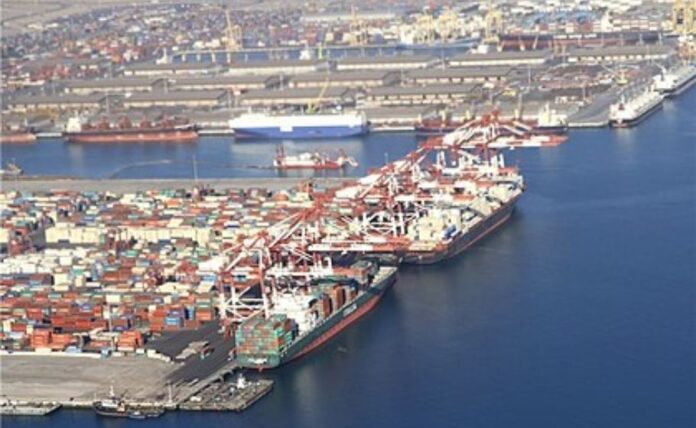Chabahar Port’s Role in Regional Trade
India has been developing the Chabahar port in Iran for several years, considering it a crucial trade route to Afghanistan and Central Asia. The port provides India with a direct link to these regions, bypassing Pakistan, which has historically been a challenge for Indian trade due to political tensions. This alternative route allows Indian goods to reach Afghanistan and Central Asia without relying on transit through Pakistan, making it a strategically significant investment.
The Chabahar port has played an essential role in India’s long-term vision for regional connectivity. Afghanistan, being a landlocked country, relies heavily on neighboring ports for trade. Before the development of Chabahar, Afghanistan’s primary trading route was through Pakistan’s Karachi port. However, frequent border closures and restrictions made trade unpredictable. With Chabahar, India has provided Afghanistan with an alternative trade route, reducing its dependency on Pakistan.
India has invested millions of dollars in constructing and upgrading the port, including developing modern infrastructure such as new terminals, road connectivity, and cargo handling facilities. The project is not just about trade; it also serves as a platform for strengthening diplomatic relations and economic ties with Central Asian nations. These countries, rich in natural resources like oil and gas, are important partners for India’s energy security. The Chabahar route offers them a more accessible market for their exports, enhancing trade opportunities for all parties involved.
US Sanctions Put Chabahar’s Status in Question
Despite its importance, Chabahar’s future has become uncertain due to the latest actions taken by the United States. On February 4, the US government issued an order that casts doubt on whether the Chabahar port will continue to be exempt from American sanctions. This move is part of a broader strategy aimed at putting ‘maximum pressure’ on Iran to prevent it from developing nuclear weapons.
The new order, signed by the US president, states that the US Secretary of State has the authority to cancel or modify existing sanctions waivers, particularly those that provide Iran with any economic or financial relief. This includes the special exemption previously granted to the Chabahar port.
This decision has raised concerns for India, which has relied on US waivers to continue its work on the port. In the past, the US had acknowledged Chabahar’s strategic importance and granted a narrow exemption for its development, even while imposing severe restrictions on Iran’s oil exports. These waivers recognized that the port played a role in supporting Afghanistan’s economic growth and reconstruction efforts. However, the new order suggests that these exemptions might no longer be guaranteed, creating uncertainty for India’s investment.
The US has imposed strict economic sanctions on Iran for several years, targeting its financial system, trade activities, and energy sector. These sanctions are aimed at pressuring Iran to halt its nuclear program. The latest US order strengthens this approach, making it clear that any form of economic relief for Iran could be reconsidered.
India Reaffirms Its Commitment to Chabahar
Despite the uncertainty caused by the US decision, India has reiterated its commitment to the Chabahar port. Indian officials have emphasized that the port has already demonstrated its strong potential in improving regional connectivity. Over the years, it has facilitated trade, helped in Afghanistan’s reconstruction, and strengthened economic links between India and Central Asia.
Indian authorities have stressed that the primary purpose of developing Chabahar was to provide Afghanistan with an alternative trade route. By allowing goods to flow more freely, the port has contributed to the country’s economic development. For India, the port is more than just an infrastructure project—it represents a long-term commitment to regional stability and trade expansion.
Iran has also responded to the latest developments, asserting that its nuclear program remains peaceful and compliant with international regulations. Iranian officials have highlighted their ongoing cooperation with the International Atomic Energy Agency (IAEA) and emphasized that their nuclear activities are conducted under strict international guidelines.
With the latest US order in place, questions remain about whether the Chabahar port will continue to receive an exemption from American sanctions. For now, India continues to support the port’s role in regional trade, while geopolitical tensions over Iran’s nuclear program add to the uncertainty surrounding its future.


